Learn how to get an SBA loan to buy a business.
Cut through the confusion with our free 42-page guide. Get clear on how buy a small business acquisition loans work.
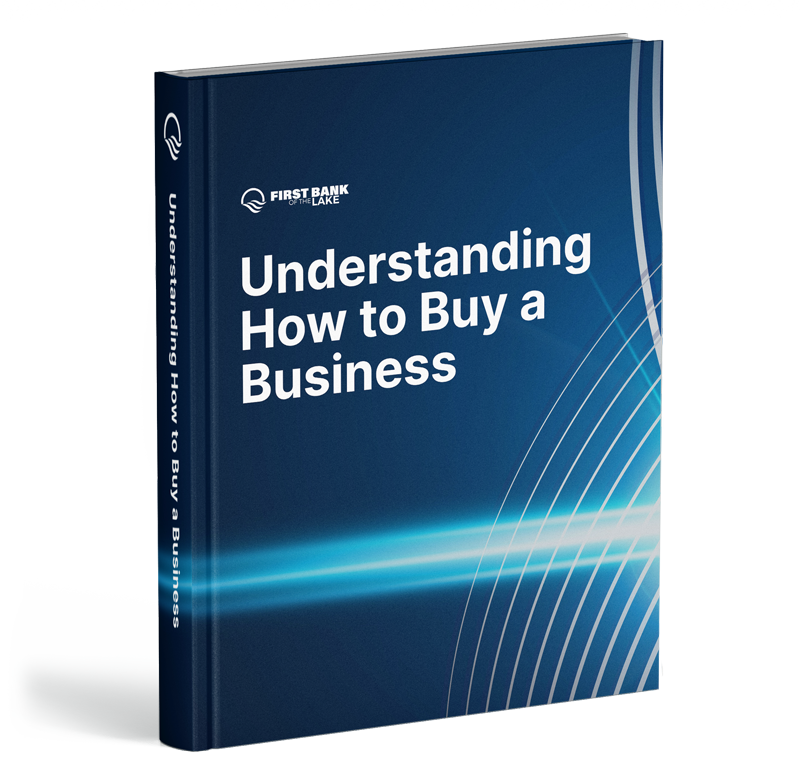


Business Acquisition Loans: Frequently Asked Questions
Buying an existing business presents several advantages over starting a new venture. It offers an instant customer base, established cash flow, and existing infrastructure, which can significantly shorten the learning curve and ramp-up time typically associated with startups. You also acquire trained employees, pre-existing vendor relationships, and a recognized brand, contributing to immediate momentum. While it may come with a higher price tag and potential hidden issues (like aging equipment or outstanding debts), proper due diligence and a match to your skills can lead to a less risky and more immediately profitable entrepreneurial path.
Successful business acquisition begins with thorough preparation. First, assess your personal goals, skills, and lifestyle preferences to clarify the type of business that suits you best. Next, set a realistic budget and get your finances in order, including reviewing your credit score (aim for 650+ for SBA loans) and accumulating funds for a down payment (typically 10-20%). Prepare essential documentation like personal financial statements, tax returns, a resume, and a draft business plan with financial projections. Finally, build a team of advisors, including an attorney and an accountant experienced in business sales, and consider consulting an SBA lender or SCORE mentor for early guidance.
Potential buyers typically find businesses through several channels. Business brokers specialize in connecting buyers and sellers, offering listings and guidance. Online marketplaces like BizBuySell or BizQuest also host listings, allowing filtering by industry, location, and price. Networking with professionals and direct outreach to owners of businesses you're interested in can uncover unadvertised opportunities. Lastly, for those open to it, franchise opportunities, including resales of existing units, can be found via the SBA Franchise Directory or franchise brokers. Once a promising business is found, request at least the last 2-3 years of financial statements or tax returns and an overview of operations, usually after signing a non-disclosure agreement.
To determine a fair price for a potential acquisition, businesses are often valued using multiple methods. A Cash Flow Analysis Valuation Model assesses the seller's discretionary cash flow or EBITDA to determine how much debt the business can support. A Comparable Sales Valuation Model looks at recent sales of similar businesses to establish reasonable multiples of earnings or revenue. An Asset-Based Valuation Model evaluates tangible assets (equipment, inventory, real estate) and intangible assets (brand, customer lists).
Beyond valuation, thorough due diligence involves a deep dive into the business's health:
- Financial Review: Examining detailed financial records for accuracy and consistency, identifying liabilities.
- Operational Due Diligence: Understanding daily operations, reviewing contracts, leases, and employee situations, and ensuring necessary licenses and permits can be transferred.
- Legal and Compliance: Having an attorney review legal matters, regulations, intellectual property, and checking for liens.
- Physical Assets: Inspecting real estate and equipment, including environmental assessments if applicable, and assessing inventory.
- Human Resources: Identifying key employees and planning for their retention or the owner's transition. This comprehensive investigation helps verify seller claims and uncover any hidden issues.
Several financing options exist to acquire a business, often used in combination:
- SBA Loans: Government-guaranteed loans (like the 7(a) and 504 programs) offered by banks, known for lower down payments and longer repayment terms.
- Traditional Bank Loans: Standard commercial loans from banks, typically requiring higher down payments and shorter terms.
- Seller Financing: The seller finances a portion of the purchase price, allowing the buyer to pay them back over time. This can reduce upfront cash needed and demonstrate the seller's confidence in the business.
- Personal Funds and Investment: Using personal savings, home equity loans, or bringing in outside investors for capital in exchange for equity.
- Retirement Funds (ROBS): A specialized option allowing the use of 401(k) or IRA funds without immediate tax penalties, though it carries significant risk.
Starting conversations with lenders early is recommended to understand potential loan amounts and criteria.
The SBA offers two primary loan programs for business acquisitions, each with distinct features:
SBA 7(a) Loan: This is the most flexible and common choice for small business acquisitions. It can lend up to $5 million and covers the purchase price, real estate, equipment, working capital, inventory, and closing costs. It requires a relatively low down payment (typically 10%) and offers long repayment terms (up to 10 years for general business purposes, up to 25 years if real estate is included). Qualification is generally easier due to the SBA guarantee, making it accessible to more entrepreneurs who might not meet conventional loan criteria. It's ideal for deals where a significant portion of the value is goodwill or working capital.
SBA 504 Loan: This loan is specifically designed for financing major fixed assets, primarily commercial real estate or large equipment, to promote business growth and job creation. It's structured as a partnership: 50% bank loan, 40% CDC (Certified Development Company) loan (backed by SBA), and 10% borrower down payment. The CDC portion can go up to $5.5 million, allowing for larger total project financing than the 7(a). It offers long-term, fixed interest rates on the CDC portion. However, 504 funds cannot be used for working capital, inventory, or goodwill. It's best suited for asset-heavy acquisitions like manufacturing plants or hotels where the real estate or equipment constitutes a large part of the purchase. A combination of both 7(a) and 504 loans might be used for complex deals involving both substantial fixed assets and goodwill.
To qualify for an SBA loan, both the borrower and the target business must meet specific criteria. For the borrower, a personal credit score of 680 or higher is generally recommended (though some lenders may accept 660+), along with a clean personal financial history free of significant bankruptcies or federal debt delinquencies. Buyers must provide a down payment of at least 10% of the total project cost, often a combination of cash and seller financing.
The business being acquired must demonstrate sufficient historical cash flow to comfortably repay the loan, typically a debt service coverage ratio (DSCR) of 1.15 to 1.25 times. Lenders will examine the business's financial statements and tax returns for the past three years, plus future projections. The buyer also needs a strong business plan outlining their strategy for operations and growth, and relevant management or industry experience. While collateral helps, SBA loans are not solely declined due to inadequate collateral if the application is otherwise strong. However, a personal guarantee from the owner(s) is almost always required. Additionally, the seller generally cannot retain ownership after a full buyout, and the buyer must actively manage the business.
The process of securing an SBA loan to buy a business involves several key steps and generally takes 30 to 90 days.
Choose the Right SBA Loan Program: Determine if a 7(a) loan (most common for acquisitions) or a 504 loan (for significant fixed assets) is best suited for your needs.
Find an SBA Lender: Seek out banks or credit unions experienced in SBA business acquisition loans, preferably SBA Preferred Lenders who can approve loans in-house. Tools like the SBA’s Lender Match can help.
Complete the Loan Application and Provide Documentation: Submit a comprehensive package including SBA loan forms, personal and business financial statements (historical and projected), your business plan, the purchase agreement, and personal documents (ID, resume). An independent business valuation or real estate appraisal may also be required.
Lender Review and Credit Decision: The lender’s underwriting team will analyze all information, check credit, and evaluate risk. They may request additional information. Upon satisfaction, the lender issues a loan commitment, then notifies the SBA for a loan number or submits the package for SBA approval. This stage typically takes a few weeks.
Closing the Loan: Once approved, you'll satisfy any remaining conditions from the commitment letter (e.g., life insurance, seller subordination agreements). At closing, you'll sign numerous legal documents including the loan agreement, promissory note, security agreements, and personal guarantee forms. Funds are then disbursed, and the business ownership is officially transferred.
The entire process, from application to funding, usually spans 1 to 3 months, varying based on deal complexity and responsiveness to requests.
Real success stories from real business owners.

"First Bank of the Lake was the best banking experience I have ever had."
Andy
President, Winter Park Ski Rental
Winter Park, CO
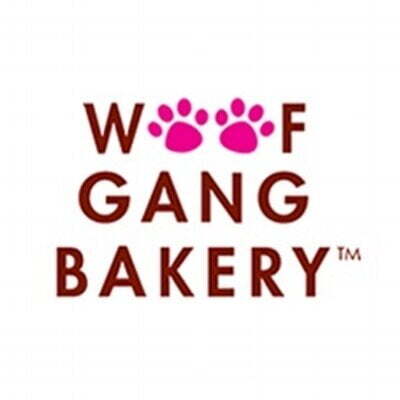
"I got my $345,000 SBA loan approved from First Bank of the Lake in 35 days!"
Kasia Anderson,
President, Woof Gang Bakery
Bradenton, FL
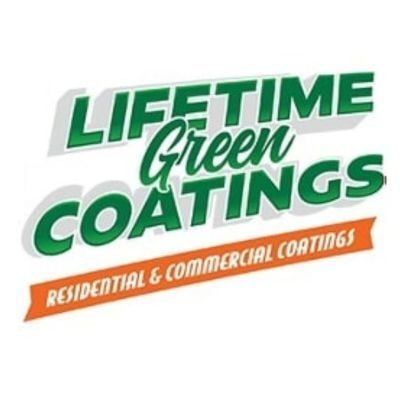
"If we ever need business capital, my first call would be to First Bank of the Lake."
Barry Norfleet
Co-founder
Lifetime Green Coatings - Kentucky
Proven Results Backed by Industry-Leading Expertise
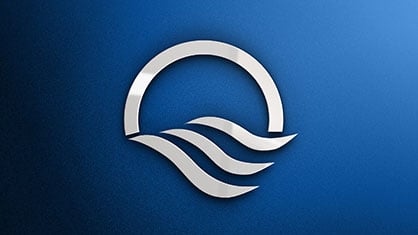
At First Bank of the Lake, lending decisions are driven by our team of banking professionals who understand your business. We recruit top talent who apply their extraordinary experience and depth of knowledge to providing first-class service, trusted advice, and the best financial products. Their dedication and commitment are truly inspiring and are the spark that ignites innovation, competition, and expansion. We employ our creativity, understanding, experience and expertise to build the right solutions for you.
First Bank of the Lake understand how essential growing businesses are to fueling local economies and that not all businesses qualify for conventional business loans. That’s why we offer government-guaranteed Small Business Administration (SBA) 7a and 504 loans.
Funded Over
+$1.9B
In SBA Loans Since 2020
Funded Over
2,000
SBA Loans Since 2020
Ranked
Top 5
SBA Franchise Lender*
Funded Over
+$600M
In Franchise Loans Since 2020
Still Figuring Out Business Loans?
Download the free guide that answers your biggest questions and outlines the path forward.
All loans are subject to credit approval. Restrictions and limitations may apply. First Bank of the Lake does not provide tax, legal or investment advice. All decisions concerning these matters should be made in conjunction with your professional advisors.
*Ranked in top 1% as 15th largest SBA 7(a) lender by approval amount during SBA fiscal year 2024. Top 5 SBA franchise lender by approval count during SBA fiscal years 2024 and 2023.
Approved to offer SBA loan products under SBA's Preferred lenders Program.

